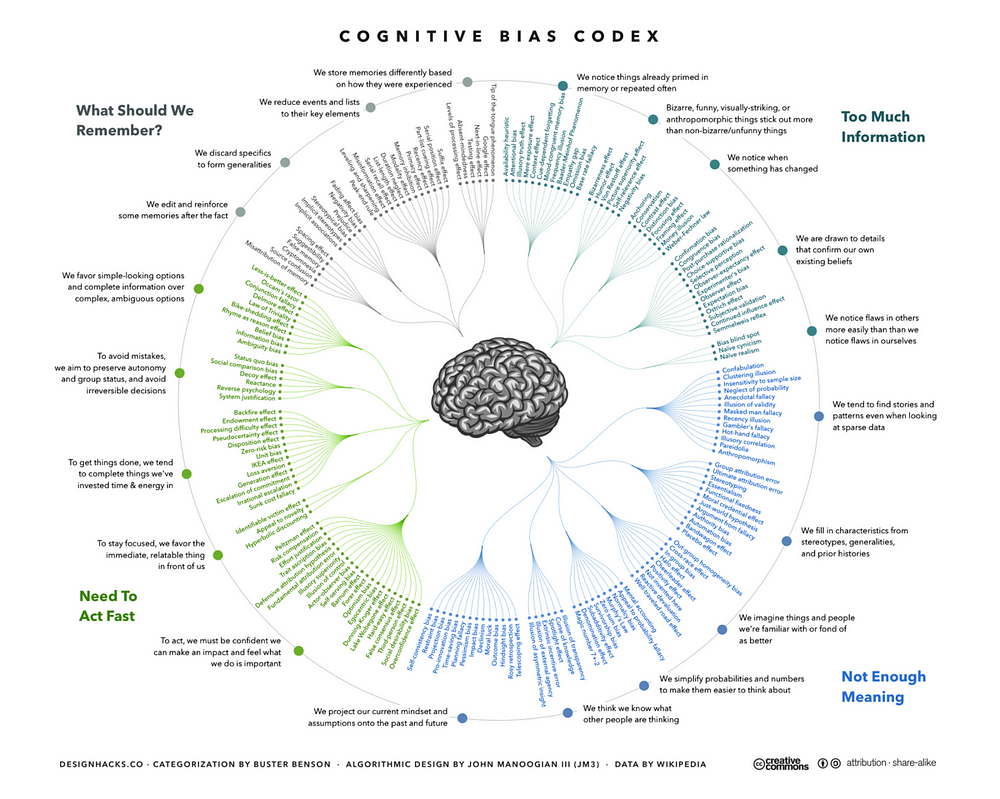Does Your Worldview Eclipse Their Worldview?
Whose eyes are you seeing the problem through? Whose perspective are you taking when you propose a solution? Are you sure that you are doing the right thing for the end-user, the customer, the person you are trying to understand?

Understanding and accomplishing an empathetic viewpoint is imperative for success. Being able to see the problem from their eyes, within their world, is necessary for building strong relationships, adoption, and overall change management.
How many times has something changed within your business? The way you used to access something, or the software or hardware that you came to depend upon worked well. The system you were comfortable with?
And. It. Has. Changed.
Here comes the Information Technology team within your organization, almost out of the blue. They are here to solve a problem that you did not realize even existed. To provide you with a solution without understanding the nuances of what your work actually entails? Your first response was (or still is) to pillory the aforementioned IT department. How dare they….
Or when the products you enjoy, get changed. The performance of the new vehicle is not the same as the previous model. The hair gel smells different. The face cream makes your skin dry out. What decisions brought on these changes? Someone else’s worldview. They have decided for you. This is what you want.

It is the pre-cooked eggs that have been peeled but placed inside a plastic wrapper. Or the peeled avocados also wrapped in the ever-loving plastic cocoon. What the?!! When did convenience such as this become our de facto acceptance of the world? I was never asked for either of those options. The last time I checked, both of those biologicals had their own packaging.
In your workplace, do you find that you may be working on a project and your perception of the problem does not jive with the rest of the group? You presented your worldview of a group of people that are not in the room to support — or deny — your desire for a fix yet later found out it was not the same as they had asked you to represent?
Are you in a room right now, with some of your peers, and you present your view of something, but you are oblivious (read — tone deaf) to their reaction? That you also got completely wrong?
What causes this myopic vision? How did your worldview become a supergiant star?
Personal filters. Experience. Beliefs. Maybe even one or more of these affect your worldview — you may have heard of some of them: race, color, creed, religion, sex, sexual orientation, gender identity, pregnancy and any conditions related to pregnancy, origin, ancestry, age, veteran status or military service, disability, and genetic information.
Yes, your cognitive bias got in the way. It happens to all of us. This is what makes us who we are.
How quickly you recognize the biases, and how you manage them and learn to become more empathetic to views beyond your own, is up to you. Stop holding onto your perspective. Your way is not the only way, just one of many possible ways.

Be sure to recognize that each interaction with others is an opportunity to learn and grow your own worldview. Recognize those times when your worldview is louder and larger than everyone else’s and you need to pull back and understand what THEY are thinking. What they are saying. What they are doing — and why. Your worldview is not for everyone.
Go forth and be brilliant.

Comments
Post a Comment